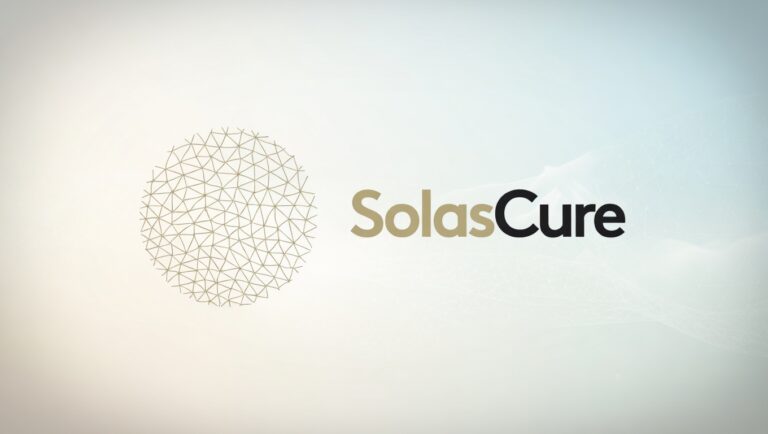
The MANDARA Phase III trial published in the New England Journal of Medicine and presented at the AAAAI Annual Meeting reveals promising outcomes for FASENRA® (benralizumab) in treating EGPA. This marks the first head-to-head comparison of biologics for EGPA and demonstrates over 50% of patients achieving remission with eosinophil-targeting biologic therapies.
Comparing benralizumab to mepolizumab in EGPA patients, the trial showed non-inferior rates of remission with benralizumab meeting the primary endpoint. Remission rates were 59% for benralizumab-treated patients versus 56% for mepolizumab. Moreover, more FASENRA-treated patients could taper off oral corticosteroids (OCS), with 41% fully tapering off compared to 26% in the comparator arm. Additionally, 86% of benralizumab patients experienced at least a 50% reduction in OCS dose.
Dr. Michael Wechsler, the trial’s International Coordinating Investigator, highlights the significance of achieving remission and reducing steroid therapy. Sharon Barr, Executive VP at AstraZeneca, emphasizes the trial’s importance for the EGPA community, showcasing FASENRA’s potential in achieving remission and reducing chronic OCS usage.
EGPA is characterized by elevated eosinophil levels, which FASENRA targets effectively. FASENRA leads to near-complete eosinophil depletion, resulting in substantial reduction of blood eosinophil counts compared to mepolizumab.
FASENRA, currently approved for severe eosinophilic asthma treatment, is undergoing regulatory processes for EGPA treatment worldwide. AstraZeneca is committed to making FASENRA available to EGPA patients promptly.




